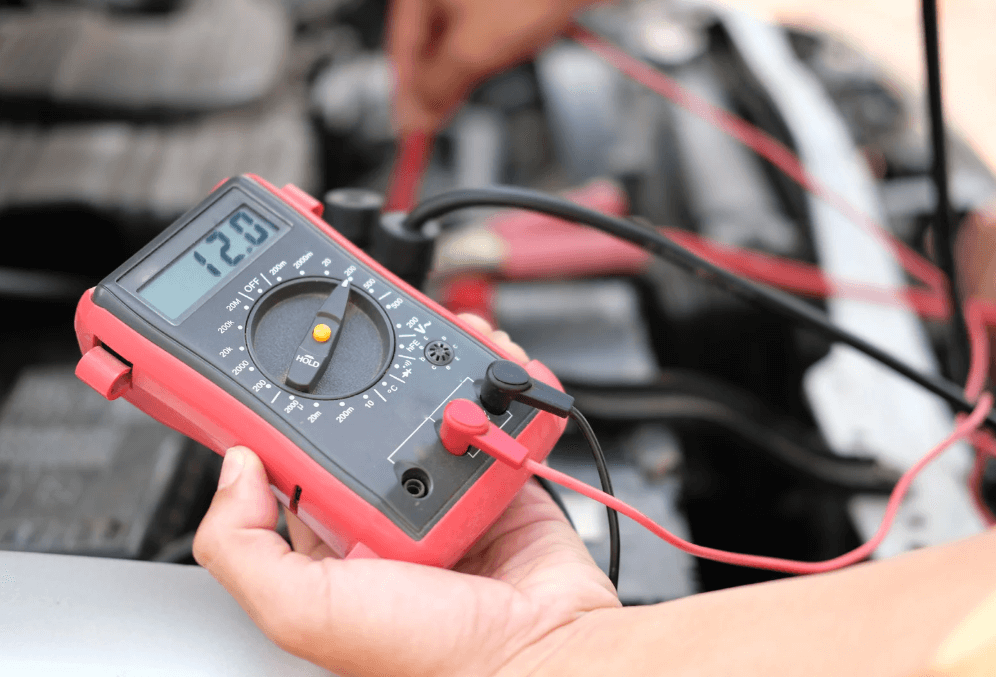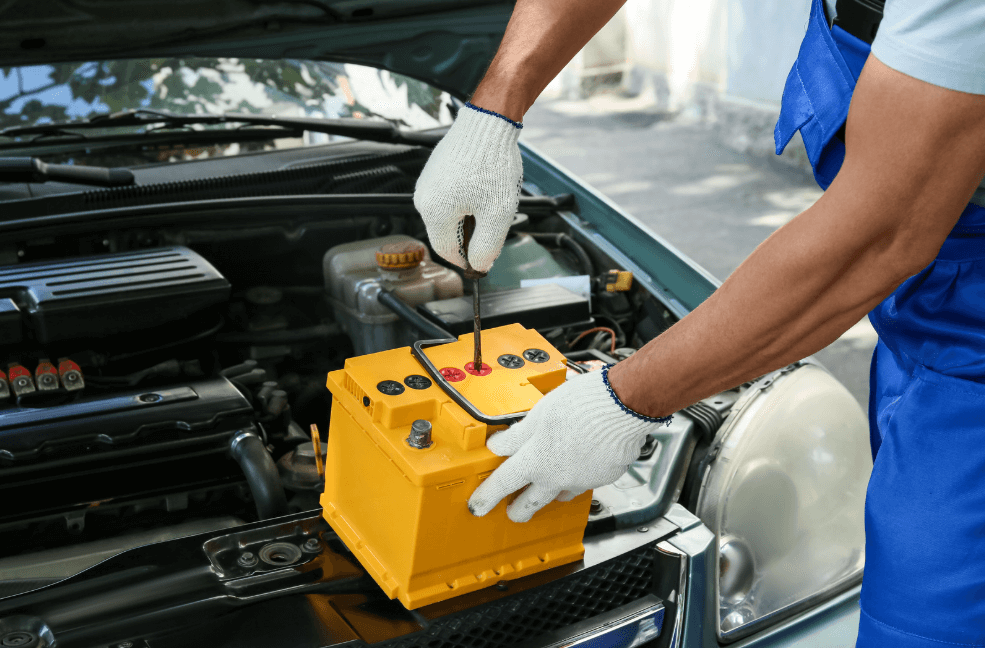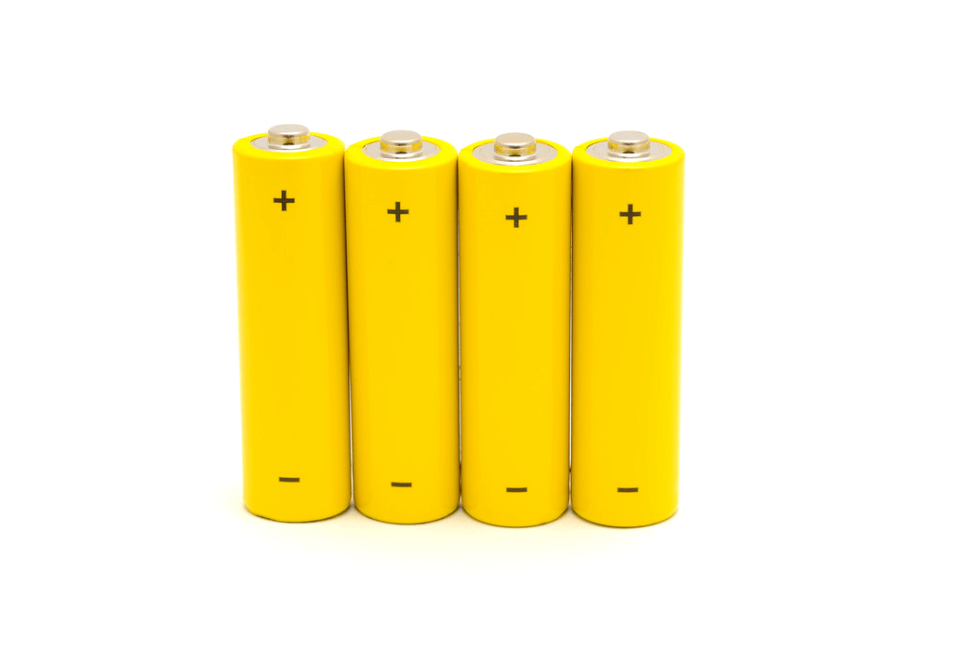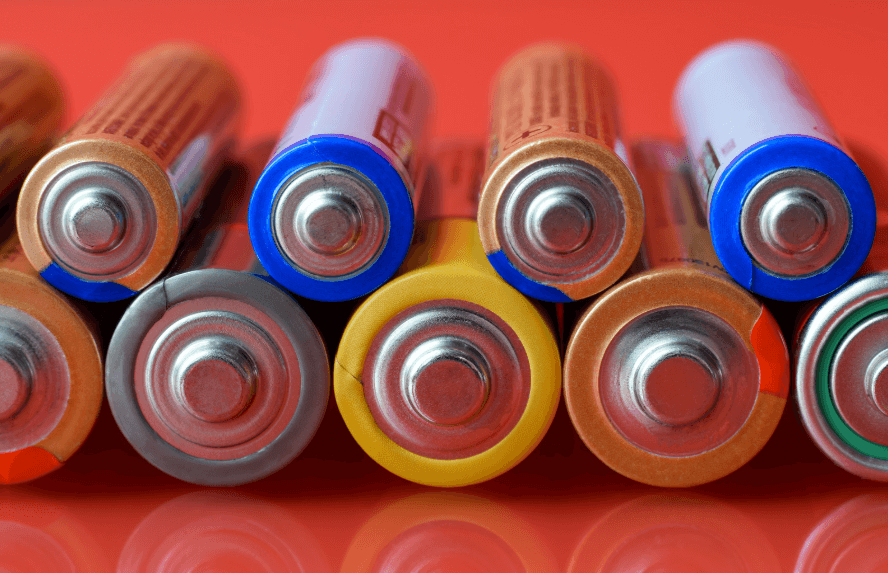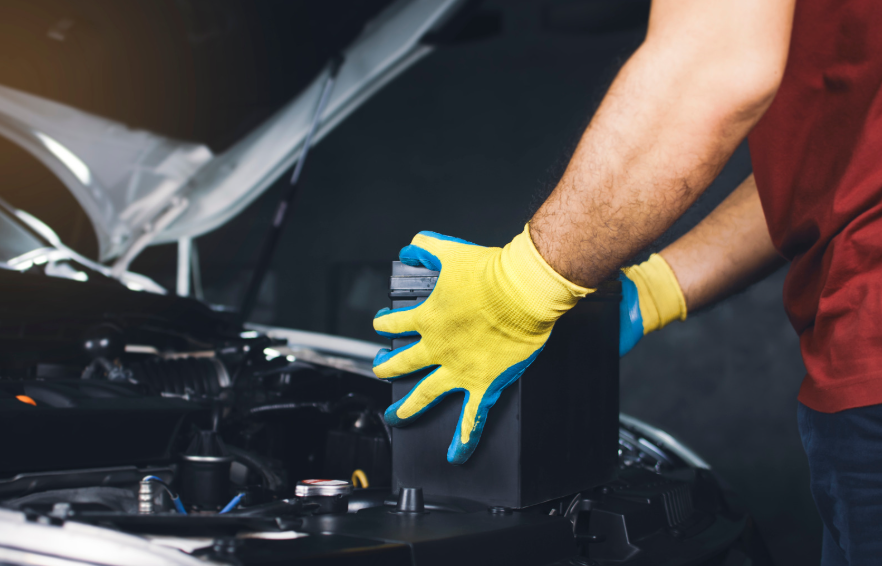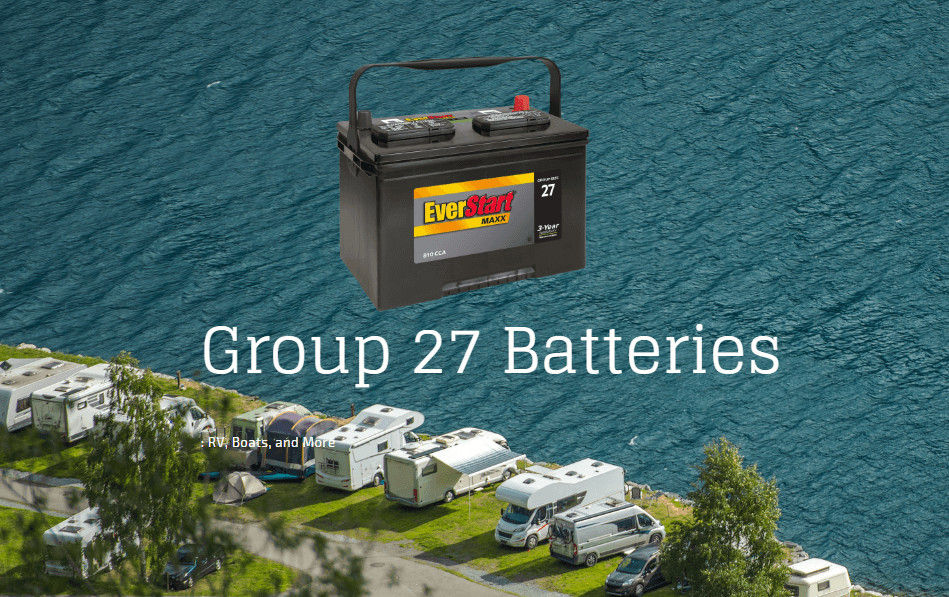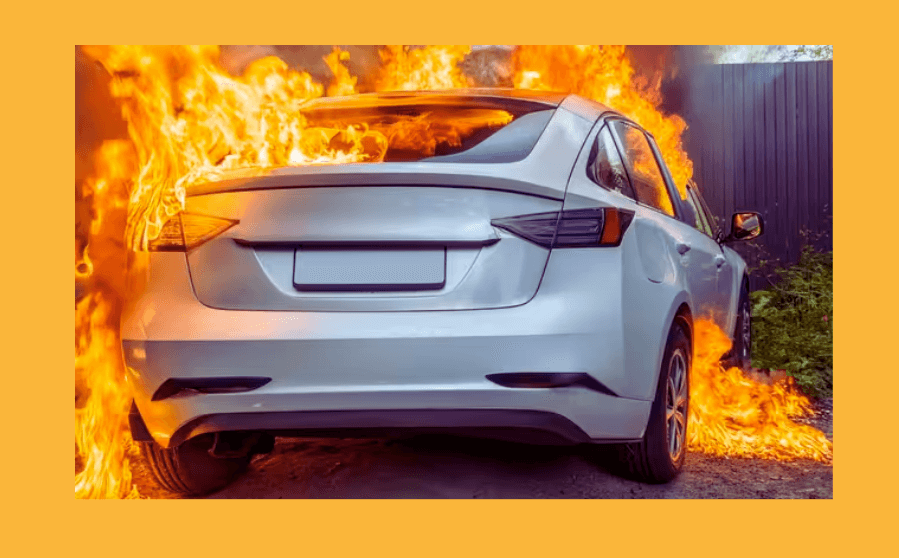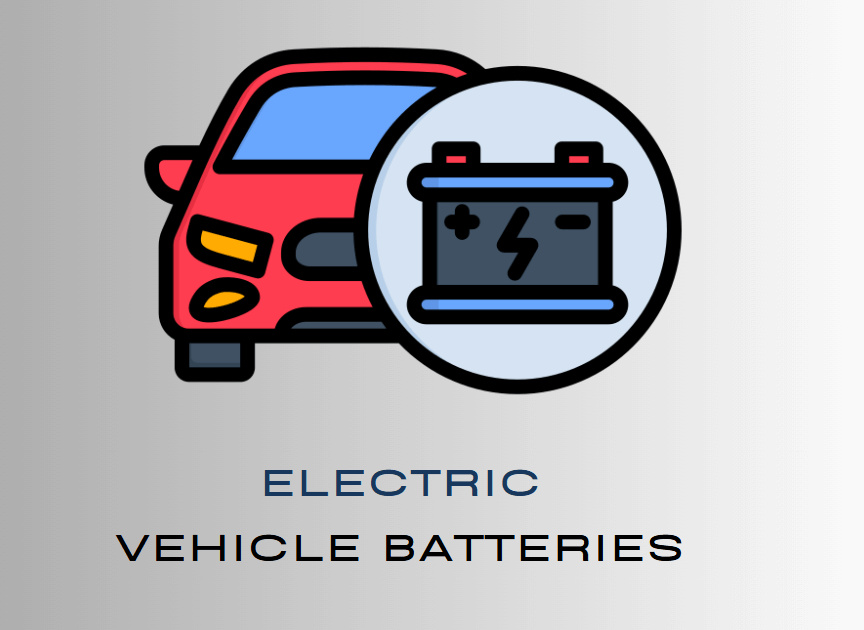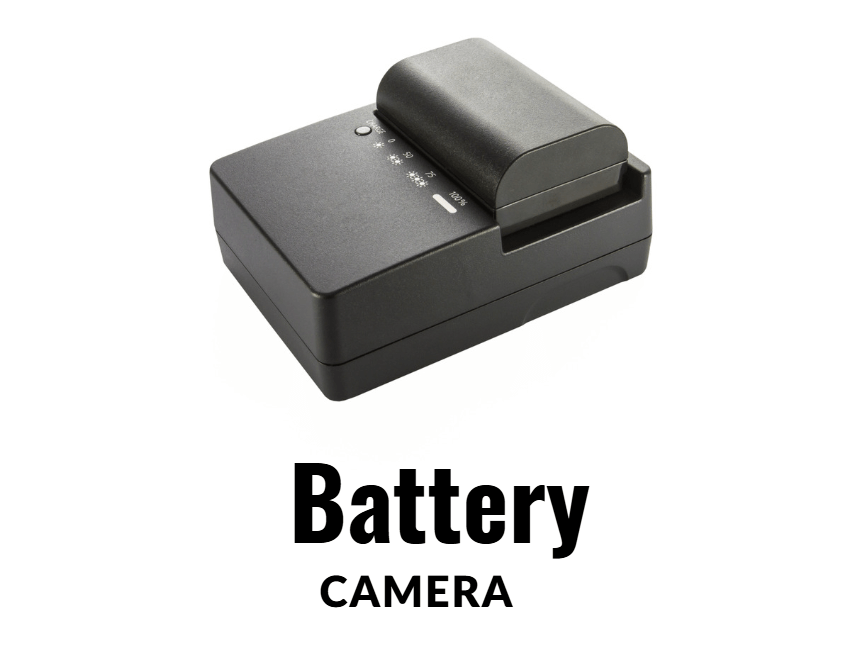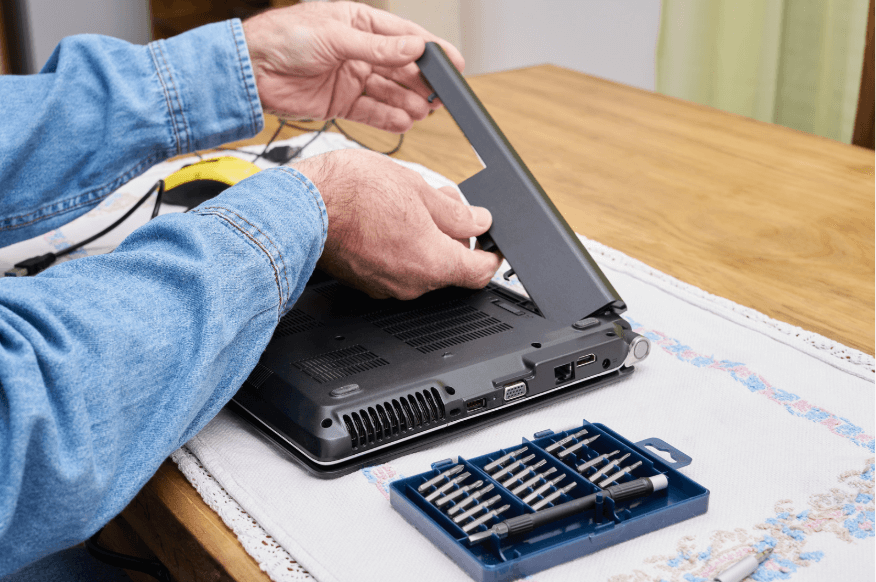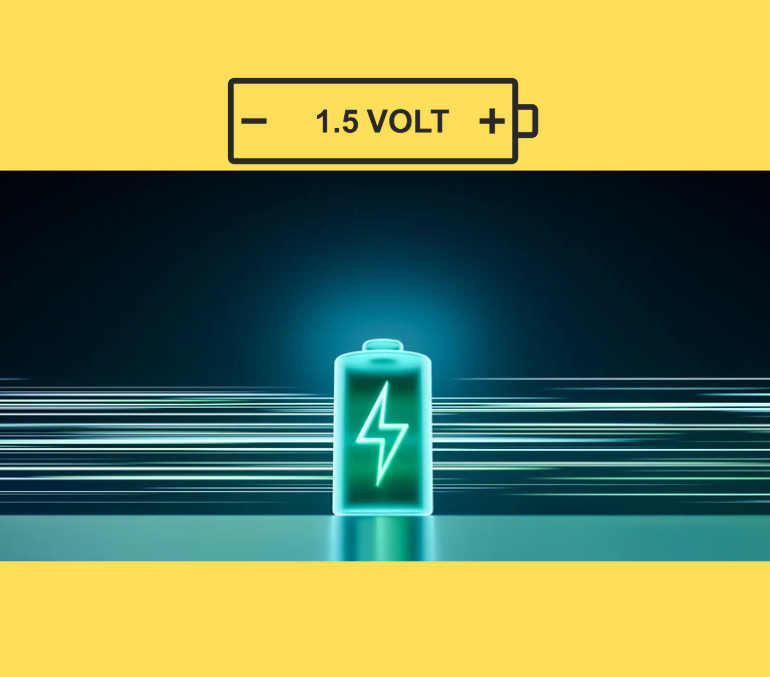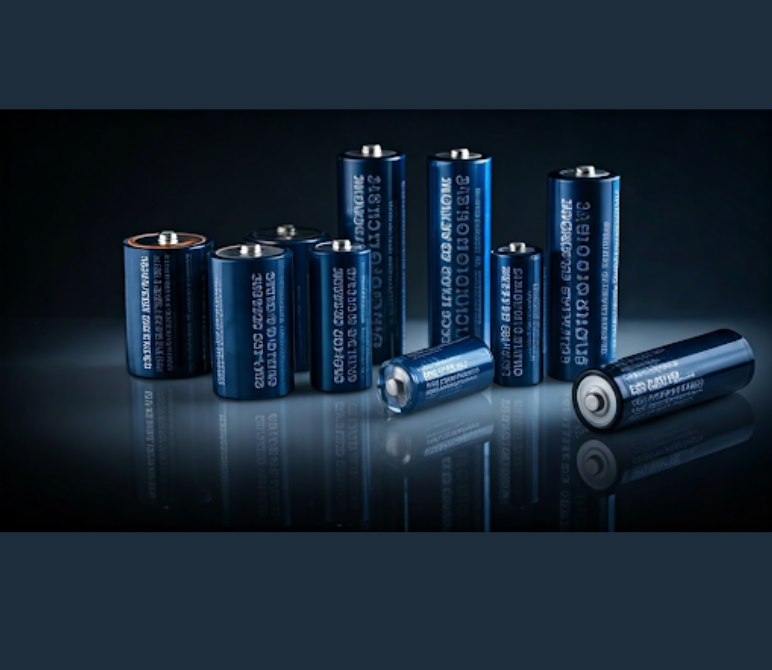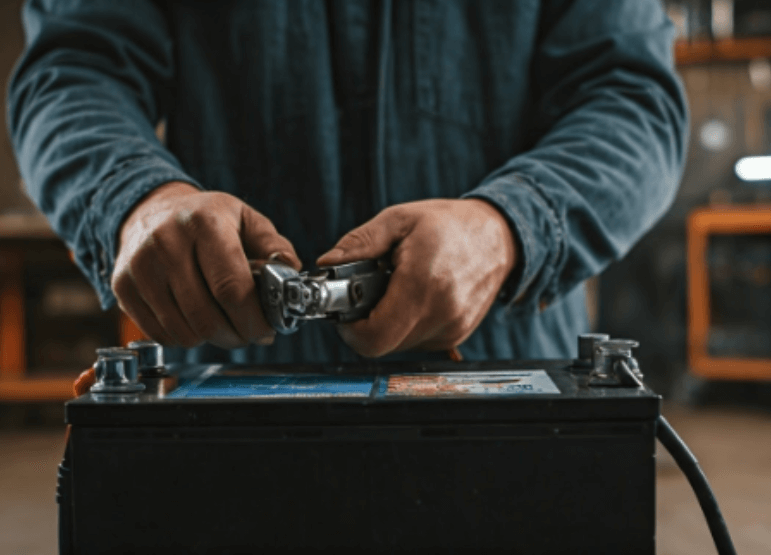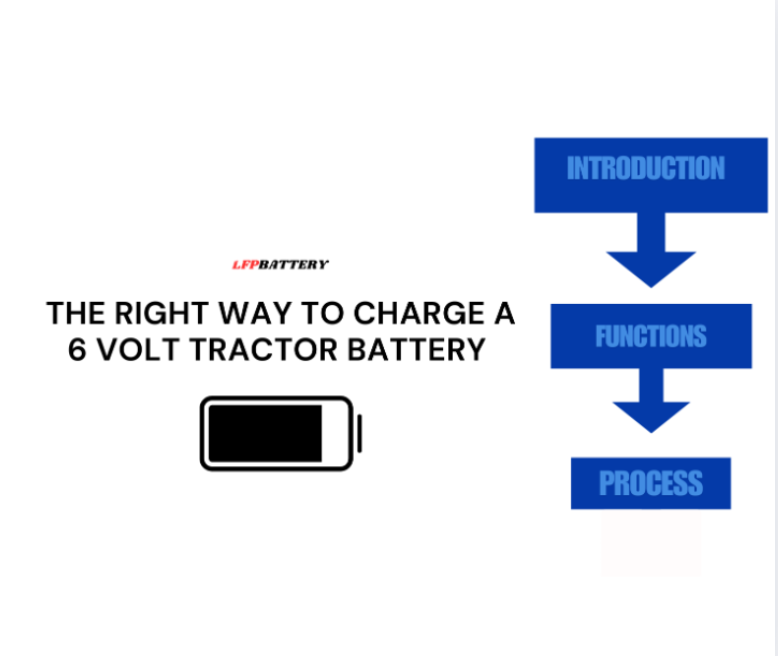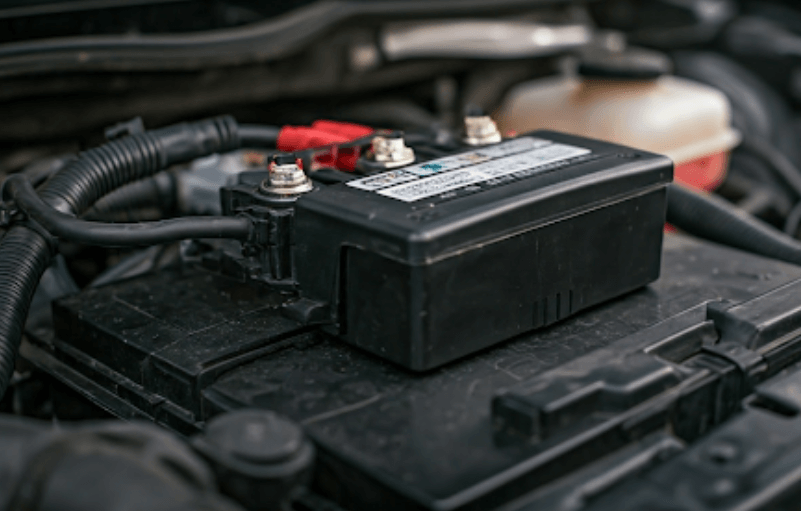
Battery isolator! Oh my, what a complicated term. Trust me, when I first heard of it, I was like, what lator? Huh?
My friend was saying it’s not lator! It’s an electric battery isolator, and then he described it to me.
So, it’s absolutely okay if you don’t know this term yet. What matters is whether you are willing to learn ” now ” what a battery isolator is, how it works, and why you even need one.
If yes, then you have come to the right place, as I am going to answer all of the above questions in this article. Will I just talk shit? Not at all!
I will include more topics, so next time, you don’t say “Lator” like I do. Let’s first learn the definition in the simplest way.
What Is A Battery Isolator?
A battery isolator is a device that ensures multiple batteries in a system work without draining each other. It is placed inside the device, which has more than one battery and multiple electronic flow systems. There will be a switch to control the flow.
Big devices like cars, ships, or anything else require an isolator badly. Now, why badly? Badly because otherwise, it will damage your battery, or it could be anything else. The fact is that it is a voltage sensing relay battery isolator.
However, in the case of big devices, there are a few processes for installing the isolator and then using it to control electric flow. Install an isolator and wire it.
But how to wire a battery isolator, right? Good question.
Well, that’s so simple.
Connect the main battery positive terminal to the isolator’s input port. Then, wire the auxiliary battery’s positive terminal to the output port. Now, ground the isolator and reconnect the battery’s negative terminals.
You shall be done. Do you want a more detailed guide? Let me know!
Okay! This part is done. Now, let’s move on to the next.
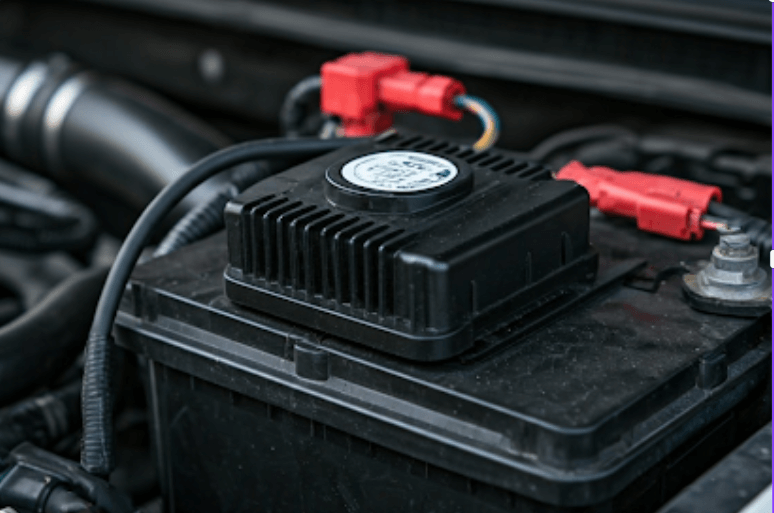
How Does a Battery Isolator Work
Look, I am not giving any exact definition here because that will confuse you more. You are just learning the first phase, so let’s start with the basics that will help you understand.
However, an isolator controls electricity flow and charges each battery separately. It also prevents power loss.
You’ve definitely seen traffic police on the road, right? Their job is simple! They control the flow of vehicles and make sure everyone is in the correct lane based on their direction.
A battery isolator does the exact same thing but for electricity.
Its main purpose is to keep your batteries organized. It helps your device and ensures that multiple batteries are working without messing each other up.
Suppose you’ve got two batteries in your setup. One is to start your car, and the other is to power your gadgets, like lights, AC, or even your sound system.
Without a battery isolator, these batteries would fight for energy, and before you know it, they’re both drained.
It would be a hell thing, right?
A battery isolator is exactly what you need in this situation. Your starter battery gets what it needs to stay full of energy, while the second battery handles your extra stuff.
When Should You Use A Battery Isolator?
The isolator is this, and it does a lot of things, blah blah! Fine, but hold on. I know you are not here only to learn how a battery isolator works. You need also to determine whether this is what you need for your electrical problem.
And!
Another question that arises here is when you should use a battery isolator. I know that so well. So, let me answer your questions now. Here is when one should use an isolator:
1. When you’re running multiple batteries.
A battery isolator is a must-have if your vehicle, boat, or RV uses more than one battery.
Without it, your batteries could share power and drain each other. I am sure that’s going to be a big loss if something like this happens.
2. In the case of your gadgets, drain your auxiliary battery.
Without an isolator, the auxiliary battery powering your gadgets could die.
Yes, you are going to put your hand on your head.
3. If money and battery life matters to you.
Batteries aren’t cheap, and they don’t last forever. I know, but when you don’t use an isolator, you are making sure your batteries don’t even last as long as they are supposed to.
People use an isolator to reduce the strain on each battery by intelligently distributing the load. That’s how people keep their batteries for at least a long time.
4. When you use solar panels or alternative energy sources.
You may not know, but energy flow becomes unpredictable without an isolator. This can lead to wasted power or uneven charging, and that’s actually happening a lot. A battery isolator fixes this issue.
It directs energy exactly where it’s needed. That’s another good reason why you need an isolator and when.
5. For self safety.
You won’t always see what’s charged, drained, and working. That’s exactly what I tell people when they ask me what does a battery isolator do. A battery isolator takes care of all that for you.
Final Thoughts
Can I now confidently say you understood the entire article? While writing this guide, I tried my best to keep every word and sentence simple.
So, why won’t you understand?
But I know there are many more things that I haven’t discussed. That’s because today’s topic was electric battery isolator only. For more related guides, you can read our other articles.
I have included more details on those. Make sure you are reading all the other battery-related guides, and drop a comment below about how helpful this content was for you.
Frequently Asked Questions
How do you test if a battery isolator is working properly?
You need a multimeter to test a battery isolator. First, check the voltage and current flow at the isolator terminals. When the engine is running, check whether the alternator is charging both batteries.
After you turn off the engine, again check that the isolator stops the current from flowing between the batteries.
Can a battery isolator drain your battery?
A good battery isolator should keep your battery safe. It stops auxiliary batteries from using up the main battery. But if the isolator is broken, it can cause the battery to drain.



